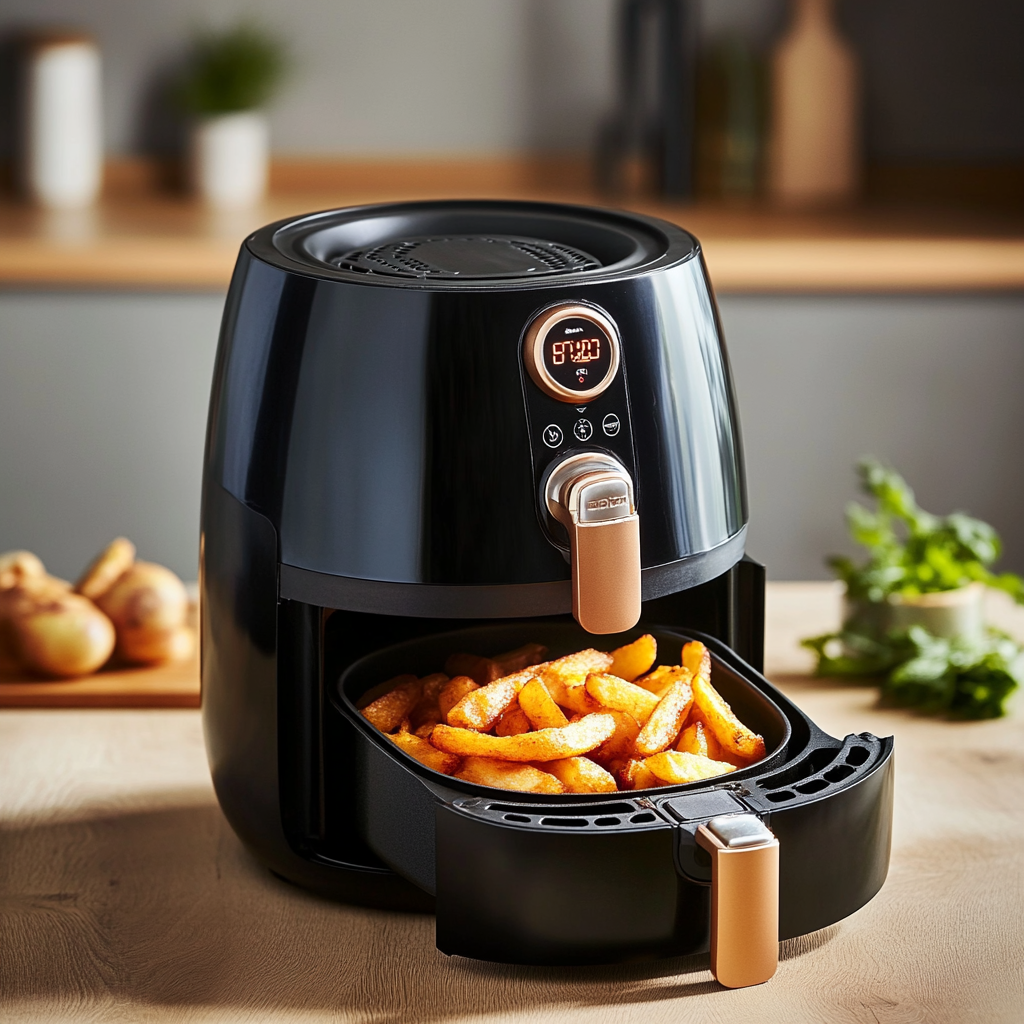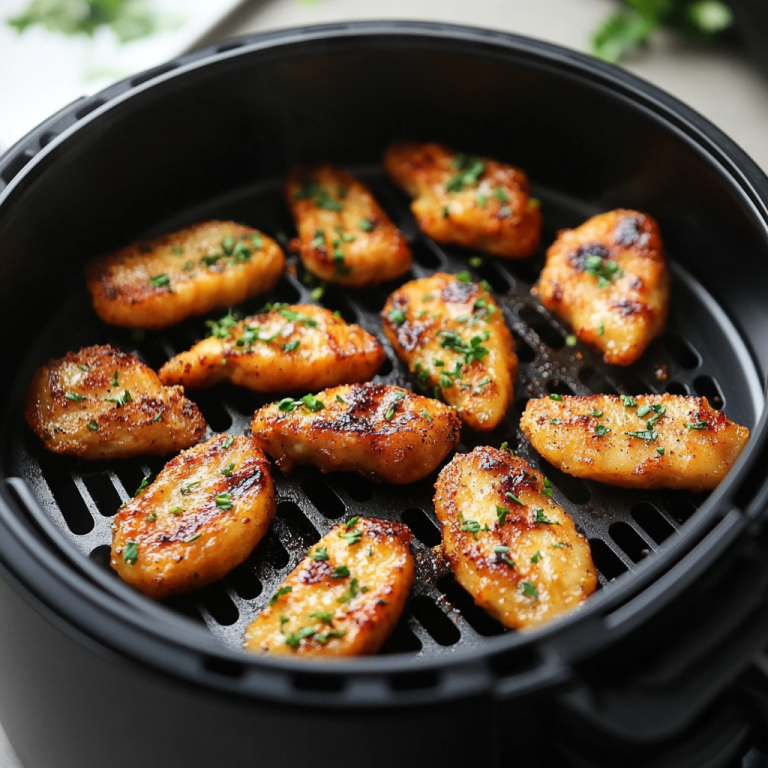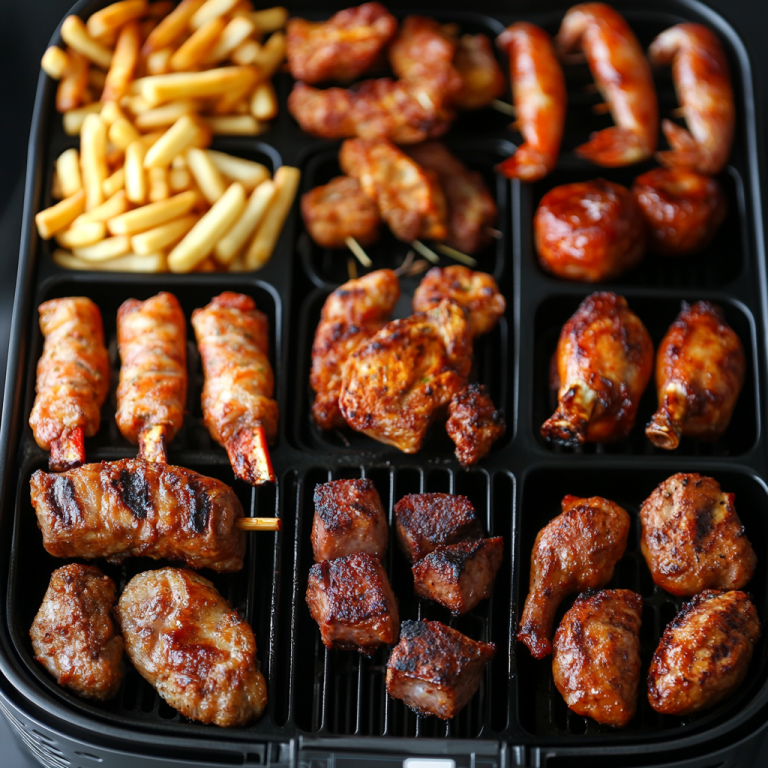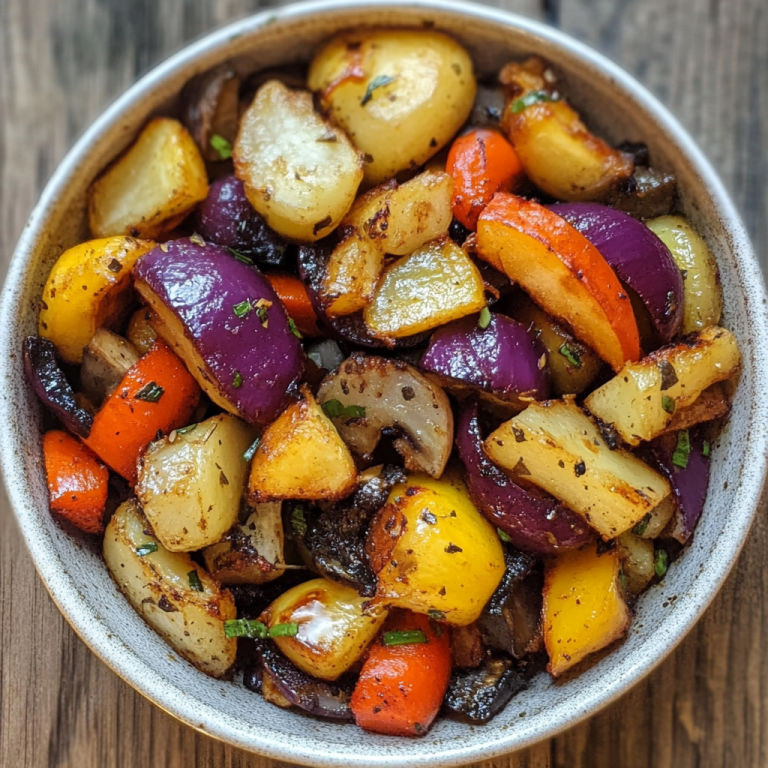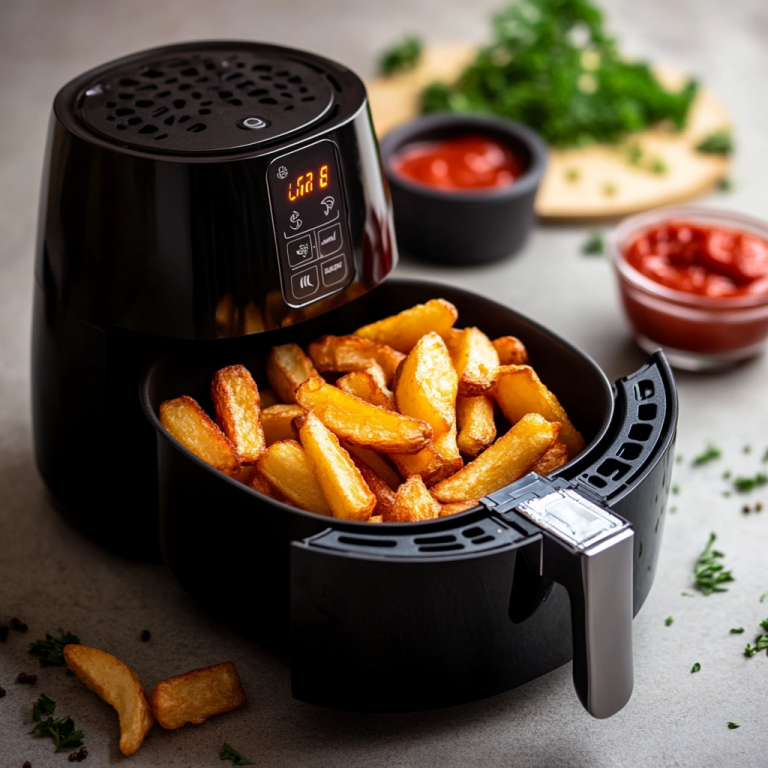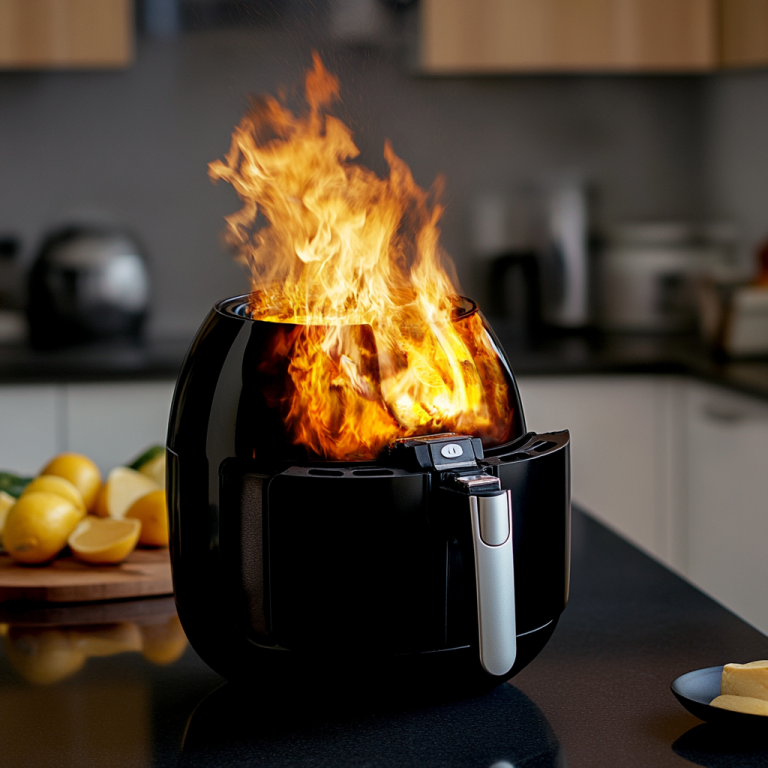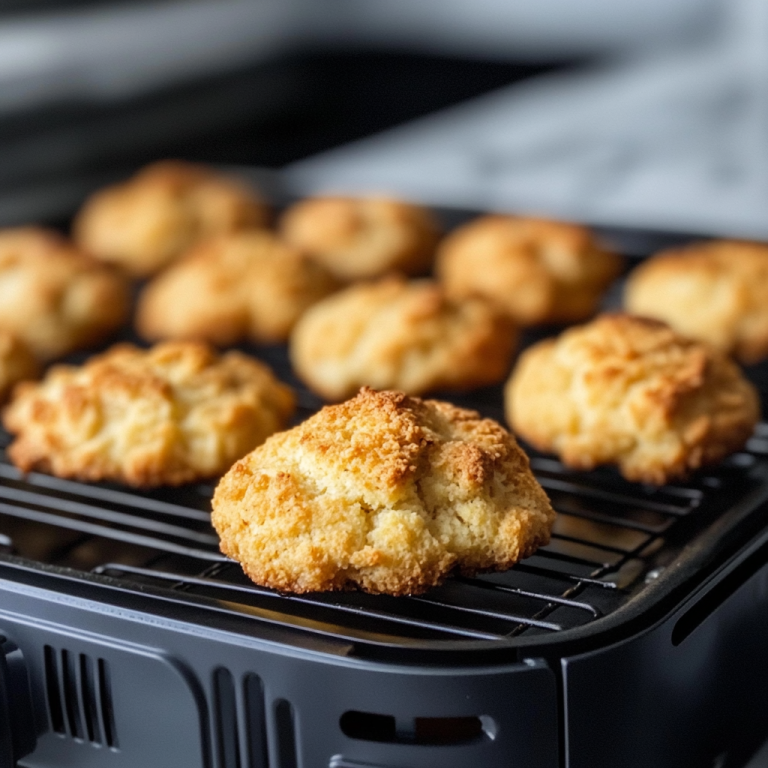Air Fryer Temperature Safety Guidelines: Essential Tips For Safe Cooking
Air fryers have revolutionised home cooking, offering a healthier way to enjoy crispy, delicious meals. Understanding air fryer temperatures is essential for making the most of this handy kitchen appliance. We will explore how air fryers work, the recommended temperature ranges for various foods, and why precise cooking temperatures matter. Additionally, we will share best practices for using and maintaining your air fryer, highlight potential risks and precautions, and discuss alternative cooking methods for healthier meals. Get ready to elevate your air frying game!
Understanding Air Fryer Temperatures
Understanding air fryer temperatures is essential for achieving optimal cooking results while maintaining food safety. An air fryer functions by circulating hot air around the food, promoting a crispy texture with minimal oil usage, making it a preferred option for individuals seeking healthier alternatives to traditional frying methods. However, improper temperature settings can result in cooking errors that may compromise food quality and safety. Familiarising oneself with the user manual will offer critical cooking guidelines and temperature recommendations for various food types, thereby ensuring a safe cooking environment in the kitchen.
What is an Air Fryer and How Does it Work?
An air fryer is a kitchen appliance that employs a distinctive cooking method characterised by rapid air circulation and efficient heat distribution. This innovative approach enables food to cook evenly while achieving a golden-brown, crispy finish without the necessity for substantial amounts of oil. This remarkable device functions by circulating hot air around the food, creating a convection effect that enhances cooking efficiency and significantly reduces energy consumption when compared to traditional fryers or ovens. Users often appreciate that this cooking method results in healthier meals, as it requires minimal to no oil, thereby lowering fat content. Safety is another essential feature, with numerous models equipped with advanced automatic shut-off mechanisms to prevent overheating, rendering it a reliable option for everyday cooking. Additionally, its compact design facilitates easy cleaning, further enhancing its attractiveness as a practical addition to any modern kitchen.
Temperature Safety Guidelines
Temperature safety guidelines are critical for ensuring that food is cooked efficiently and remains safe for consumption. Adhering to these guidelines helps prevent foodborne pathogens and ensures that meals are both flavoursome and properly prepared.
Recommended Temperature Range for Different Foods
The recommended temperature range for various foods differs significantly, with specific guidelines established for meat doneness, vegetable preparation, and the optimal methods for cooking frozen food in an air fryer. Understanding these distinctions is essential for producing flavoursome and safe meals. For meats, the USDA advises a minimum internal temperature of 145 F for pork and beef, while poultry should reach at least 165 F to ensure the elimination of harmful bacteria. In the case of vegetables, cooking them at approximately 375 F in an air fryer allows for the preservation of nutrients while achieving the desired tenderness. When preparing frozen food, it is important to account for additional cooking time, typically around 25% more, to ensure optimal crispiness and thorough heating. Adhering to these guidelines will guarantee successful outcomes across all culinary endeavours.
Importance of Temperature in Cooking
The significance of temperature in cooking is paramount, as it directly impacts the texture, moisture retention, and overall flavour enhancement of various dishes prepared in an air fryer. Meticulously adjusting the temperature to align with specific ingredients can elevate a simple meal into a culinary masterpiece. For example, achieving the ideal sear on meats not only retains juices but also forms a flavoursome crust that enhances the overall dining experience. Cooking at optimal temperatures has been demonstrated to preserve essential nutrients, rendering meals healthier and more satisfying. Suitable heat levels also mitigate the formation of harmful compounds, ensuring a safe and enjoyable dining option. A comprehensive understanding of temperature manipulation complements various cooking techniques, guaranteeing that each bite is both pleasurable and nutritious.
Best Practices for Using an Air Fryer
The implementation of best practices when using an air fryer can greatly enhance the cooking experience. This approach not only promotes appliance safety but also ensures optimal cooking results and facilitates effective maintenance for prolonged longevity.
Proper Use and Maintenance
The proper use and maintenance of an air fryer are essential for maximising user experience and ensuring the longevity of the appliance, whilst also adhering to necessary safety precautions. A thorough understanding of these practices can transform individuals’ appreciation for their cooking experience. Regular cleaning of the device not only prevents the accumulation of grease and food particles but also ensures optimal performance for each meal. Users should ensure that the appliance is unplugged before commencing any maintenance tasks and consult the manufacturer s instructions for the safe handling of removable parts. Employing non-abrasive sponges and warm, soapy water can effectively remove residue without compromising the non-stick coating. Incorporating these best practices into a consistent routine will significantly enhance both the efficiency and safety of the air frying process.
Potential Risks and Precautions
Understanding potential risks and implementing appropriate safety precautions are essential when using an air fryer. Overheating and cooking errors can result in hazardous situations in the kitchen, underscoring the importance of careful operation and adherence to safety guidelines.
Preventing Accidents and Injuries
Preventing accidents and injuries while using an air fryer is of utmost importance, and a thorough understanding of the appliance’s features and built-in safety mechanisms can significantly enhance kitchen safety. These features often include an auto shut-off function, which greatly mitigates the risk of overheating and potential fire hazards if the unit is left unattended. Many models are designed with cool-touch exteriors, providing protection against burns during operation. To further ensure a safe cooking environment, it is essential to position the air fryer on a stable, heat-resistant surface and avoid overcrowding the basket, as this can lead to uneven cooking or an increased risk of fire. Additionally, adhering to the manufacturer’s guidelines for maintenance is crucial, as regular cleaning prevents grease buildup and ensures that the appliance operates efficiently and safely.
Alternative Cooking Methods
Exploring alternative cooking methods can significantly enhance one s culinary repertoire, offering healthy cooking options that complement the use of an air fryer while accommodating diverse taste preferences.
Other Options for Healthy Cooking
There are numerous healthy cooking options available beyond air frying, including techniques that emphasize minimising oil usage while enhancing flavour and adhering to nutritional guidelines. For instance, steaming is an effective method that allows meals to retain essential vitamins and minerals, making it an excellent choice for family dinners where nutrition is paramount. Grilling, on the other hand, adds a smoky flavour while reducing the necessity for excess fats, rendering it ideal for quick meals during busy weekdays. Additionally, baking serves as a commendable approach, allowing home cooks to prepare hearty dishes utilising whole ingredients without sacrificing taste. Incorporating these methods into meal planning can enable families to enjoy nutritious and satisfying meals that accommodate various preferences, ensuring that everyone feels included and enthusiastic about mealtime.
